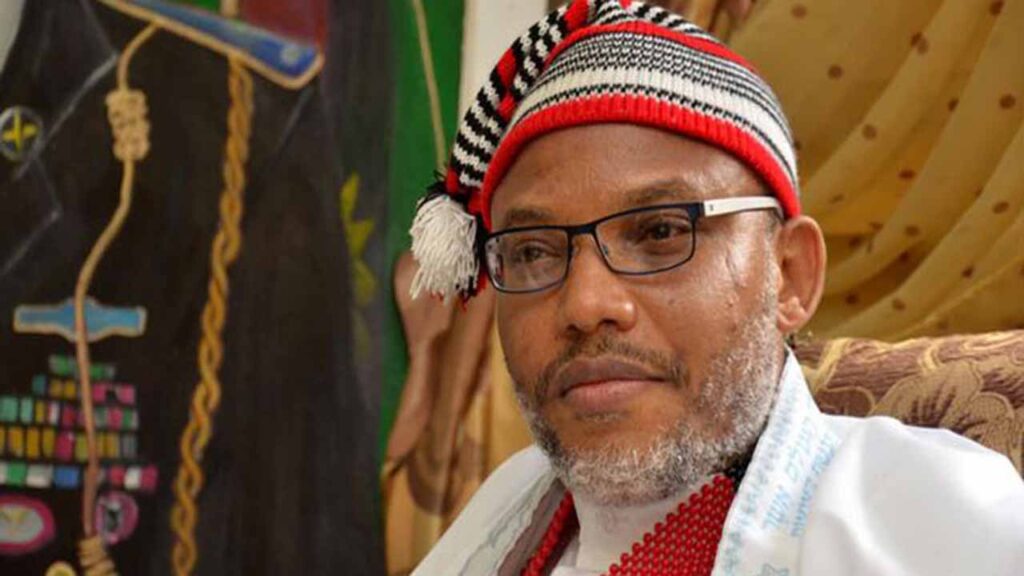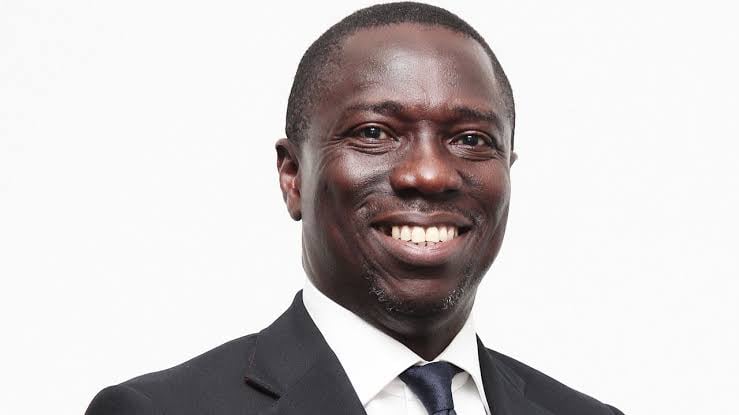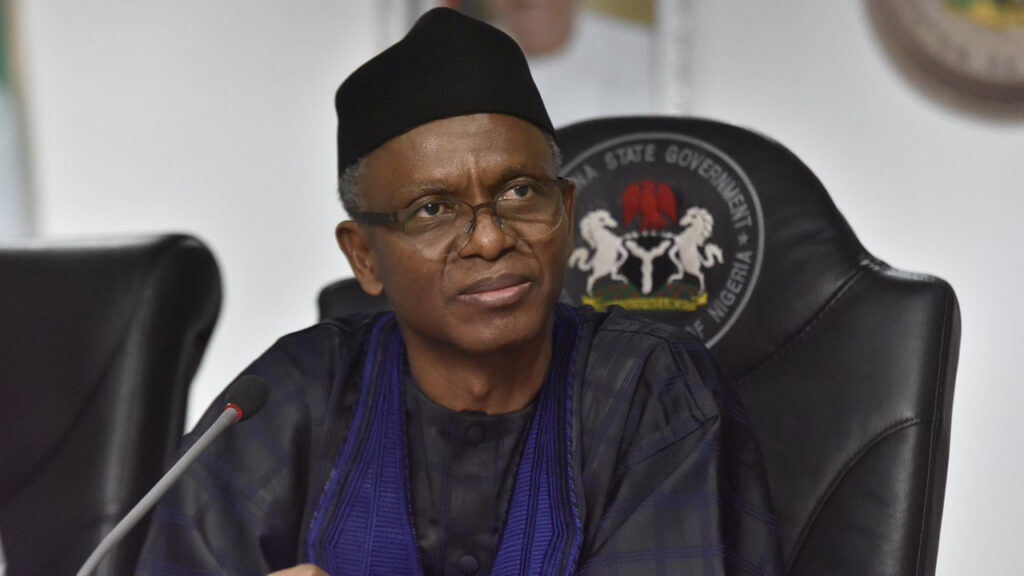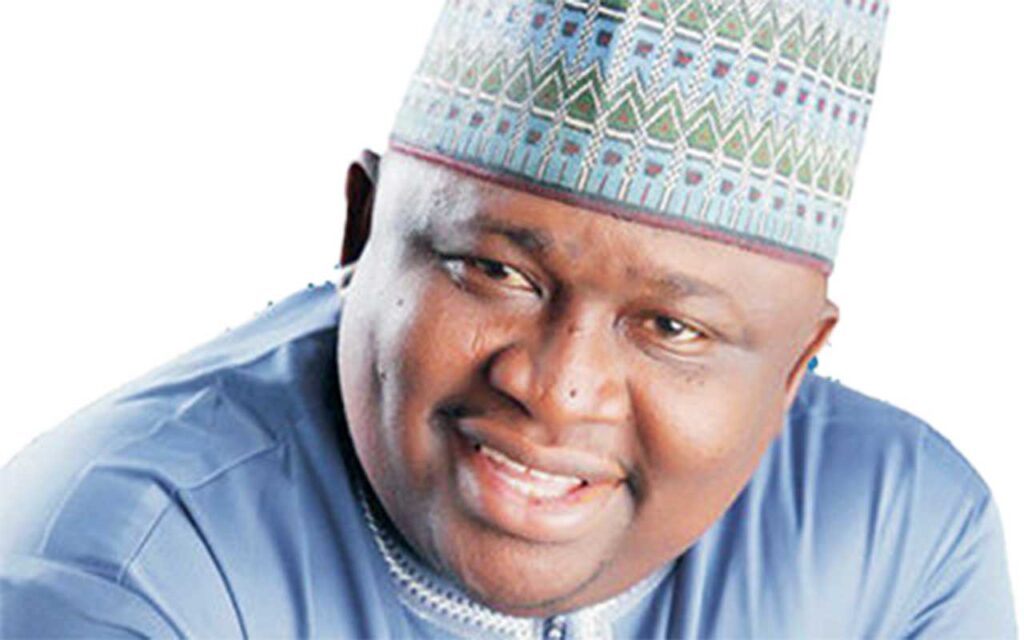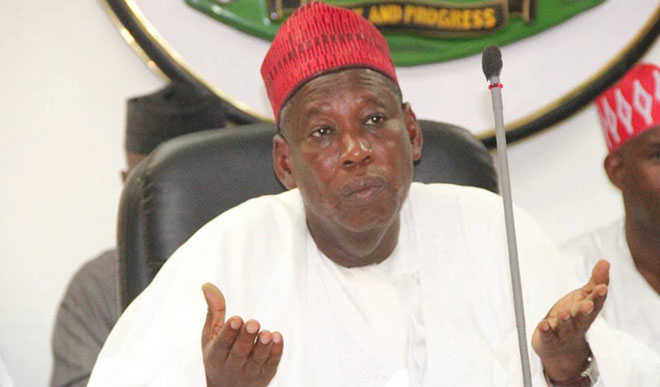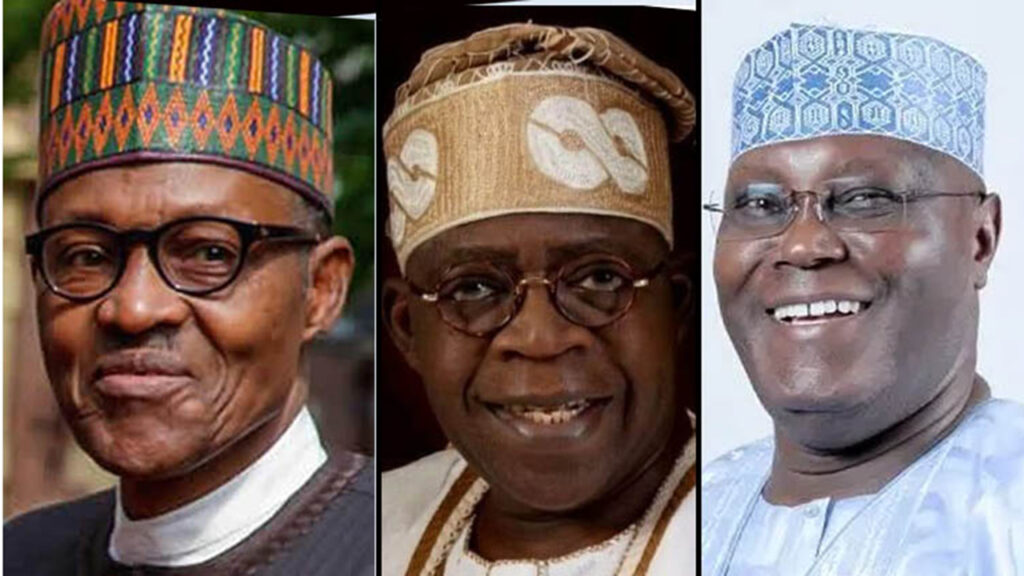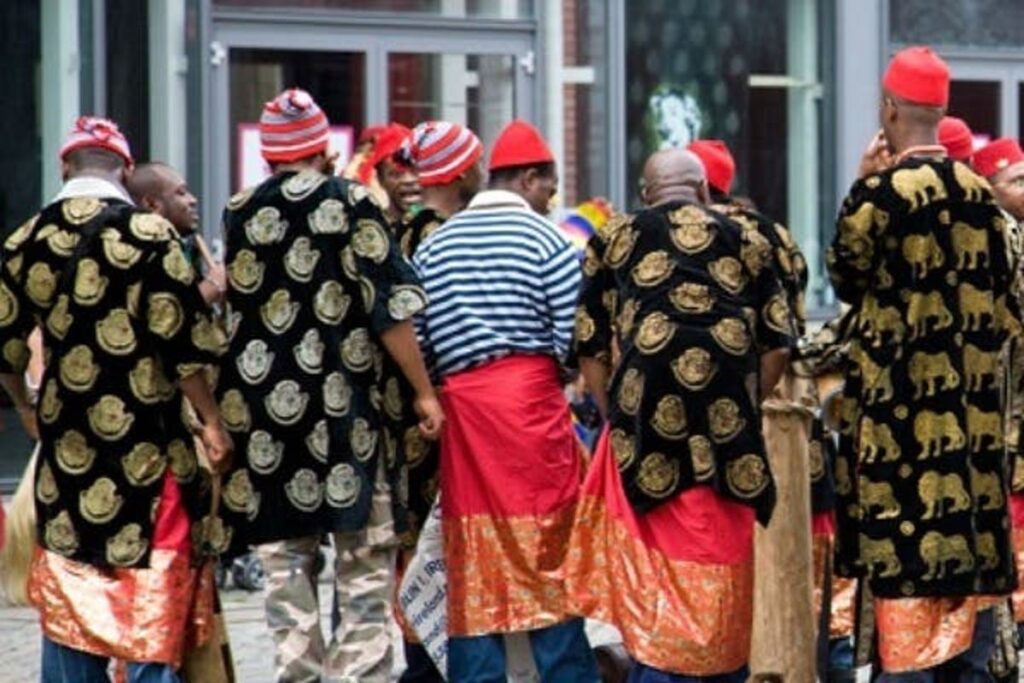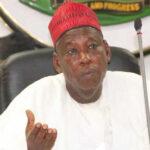
Reports about the pains and gains of the 2023 general elections are widening the gulf among major stakeholders, with common grounds for improvement still elusive, Kehinde Olatunji reports.
The echoes of the 2023 general elections have continued to reverberate, as opposition parties and Civil Society Organisations (CSOs) have refused to accept the outcome or verdicts on the process.
The bickering took a new twist last Thursday as opposition political parties demanded the sack of Independent National Electoral Commission (INEC) Chairman, Mahmood Yakubu, based on the European Union Election Observer Mission (EU EOM) report, which scored INEC low.
The international body released a 94-page report with 23 recommendations for consideration by Nigerian authorities, with a view to reforming six priority areas.
The Chief Observer of the Mission, Barry Andrews, said shortcomings in electoral law and administration hindered the smooth conduct of the 2023 general elections and damaged trust in INEC.
According to him, while Nigerians demonstrated commitment to the democratic option, the nation’s electoral process exposed systemic weaknesses, signaling a need for legal and operational reforms and enhancement of transparency, inclusiveness and accountability.
The six priority recommendations include: removing ambiguities in the law; establishing a publicly accountable selection process for INEC staff; ensuring real-time publication of and access to election results; providing greater protection for media practitioners; addressing discrimination against women in politics; and preventing impunity regarding electoral offences.
Andrews said the mission observed deceit and misuse of the power of incumbency by governors, who tilted the playing field, leading to increased polarisation, and divisive rhetoric based on ethnicity and religion.
Lashing on the report, the Labour Party (LP) and the Peoples Democratic Party (PDP) said the EU’s findings confirmed their positions that the 2023 polls were not transparent or credible. But INEC and All Progressives Congress (APC) disagreed with the report, and equally dismissed the charges against Yakubu.
The Director-General of the Labour Party Presidential Campaign Council, Akin Osuntokun, called for the immediate dismissal and prosecution of the INEC chairman over his role in the controversial polls.

Osuntokun also demanded that a forensic financial investigation should be conducted on all the expenditure and donations received by INEC before, during and after the polls.
He stated: “We also demand unequivocally, the immediate dismissal from office and prosecution of Prof. Mahmoud Yakubu and the commencement of forensic financial investigation into the expenditure of budgeted disbursements and donors’ funds received by INEC.
“This is in addition to the N300 billion appropriated from the national purse, as well as other funds and materials received from international donor agencies.”
Osuntokun noted that the EU observer group report was in tandem with the findings of other international and domestic observers duly accredited by INEC and in line with the public opinion, as well as the experience of the majority of Nigerian citizens who participated in or observed the polls.
“At this juncture, there is no doubt that Nigerians and the international community expect the judiciary, to critically examine the evidence, the law, and the processes of these flawed elections, in arriving at a legally correct, and overwhelmingly knowledgeable verdict,’’ Osuntokun added.
Speaking with The Guardian, a lecturer at Olabisi Onabanjo University, Dr. Abang Sunday, said observing elections is one way through which the West promotes democracy across the globe, including sub-Saharan Africa.
Sunday said a litmus test for the objectivity of the assessment was evidenced in the praises the same body piled on the 2019 elections, which they judged free and fair.
“In the report of 2023, however, the story changed, much to the chagrin of the APC, the winning party. The EU Mission reported that the election ‘did not ensure a well transparent and inclusive democratic process’. What must have informed this statement? They talked about insecurity, vote buying and other acts that affect a free and fair election.
“We need to note also that in the 2022 Electoral Act, INEC introduced the Bimodal Voter Accreditation System (BVAS) and INEC Results Viewing Portal (IREV), novel innovations that generated confidence in the voting populace, leading to a record number of Nigerians, going for their PVC, well above 90 million,” he pointed out.
He said it was evident that a lot of the promises that led to the rush for PVCs were dashed, and the budding confidence of the electoral public was dashed, adding that there was a need to study the EU report and make necessary corrections towards subsequent elections.
Sunday, however, described the call for the sack of INEC chairman as unnecessary, adding that irrespective of the circumstances that surrounded the outcome of the election, a President emerged and whatever remedies that are necessary are now within the ambit of the judiciary.
“The sacking of the INEC chairman may end up achieving nothing in the long run. It is a truth that no democracy is without its peculiarities and flaws. While candidates emerge on party bases, the presidency is a collective will.
“The elections have come and gone. The court cases are currently ongoing. While it is a laudable development, as against street justice, which takes place in several other democracies, including the post-Trump America, let us also realise that Nigeria is plagued by a plethora of social and economic crises.
“These require drastic actions that may perilously slow down with election petitions. Let’s see the 2023 elections as a lesson, put it behind us and join forces to rebuild our battered country,” he reasoned.

On his part, Executive Director, Civil Society Legislative Advocacy Centre (CISLAC), Musa Rafsanjani, said EU’s report was testimonial to the report that CSOs observed, insisting there were violence, electoral fraud, and inability of INEC to fulfill its election promises.
“What EU reported is a clear confirmation of the local report by civil society organisations, so the EU report should be taken seriously to address the gaps in our electoral process. The report is a wake-up call to address some of the fundamental gaps that we have in our electoral processes,” he said.
For Rafsanjani, who is also the chairman of Transmission Monitoring Group (TMG), anybody opposing the recommendations and observations of the EU report, does not want electoral transparency, and an improved electoral process.
He noted that the government and INEC must understand that Nigerians are not happy with continuous bastardisation of the electoral processes, adding that instead of dismissal or outright rejection of the report, the government and INEC should emulate the late President Musa Yar’Adua, who confessed that his election had some challenges and set up patriotic minds who came up with recommendations to address the flaws.
He said President Tinubu should have admitted that there were some gaps in the electoral process that took him to power and address the challenges, instead of dismissing the report. According to him, such dismissal reconfirmed that Tinubu’s administration is not willing to carry out any sincere and honest reform to address electoral gaps.
“CSO will continue to push for an honest and transparent electoral reform. Many of the commissioners in INEC are card-carrying members of the ruling party and that is why it is easy to allege election compromise against them.
“Until we stop appointing people who are card-carrying members of political parties, we will not be able to convince Nigerians that the ruling party didn’t play a role in undermining the electoral process and its integrity,” he stressed.
Regarding the call for the sack of INEC chair, he expressed some reservations. “I don’t think this is what we need now. If we are to look at the level of the people involved in electoral processes, from security to electoral officials and political parties, what we need is total reform and overhauling of the process to ensure that even the commissioners are not card-carrying members of any political party. Many of the commissioners are members of the ruling party, so it is not surprising to see what has happened,” he insisted.
Chairman, Centre for Anti-Corruption and Open Leadership (CACOL), Debo Adeniran, cautioned against undue interference of the Western world, saying they are fond of instigating opposition parties and against the ruling party.
“We should not allow the Western countries to dictate to us how we should conduct our affairs in Africa, particularly in Nigeria, because they are never honest friends. A lot of countries in the Western world don’t want any challenge from any country in Africa, and that is why they always instigate one party against the other with a view to discredit anything that is done in any government. Even when a government is installed through free and fair elections, they will still instigate the opposition to bring the government down,” he alleged.
He advised LP to gather adequate evidence regarding Yakubu’s violation of electoral and other laws that will compel INEC to prosecute him, rather than asking for his sack.
“Sacking him will not solve the problem, if indeed he committed electoral fraud because that will not deter any other appointee from committing the same electoral offences. If the LP cannot present a prima facie case against him with adequate unassailable evidence and witnesses, they should keep their peace and begin to prepare for the next election,” he declared.
On his part, a lecturer in Lagos State University of Education, Department of political science, Dr Abdulkareem Onakoya, stated that EU’s report is an attempt to put the country on a pedestrian of good governance, adding that if the country would get a free and fair election, the public must be carried along in the selection of election umpire.
“In a situation where the ruling party appoints the chairman of INEC, I don’t think we are being fair on that. Nigeria’s electoral process needs an overhaul so that the world will see us practicing democracy, as it should in our electoral processes.
His words: “Something is wrong with the umpire; we need a real impartial INEC. Everything INEC engages in must be free from government’s interference and intervention. That is the only time Nigeria’s electoral system can be free and fair.
“The call for the sack of INEC chairman is illogical. When Osuntokun released the statement, my thought was where are they heading? The fact that a political party lost an election, so, the next thing to do is to call for the sack of the umpire of such an election? That means we are not getting it right.”

